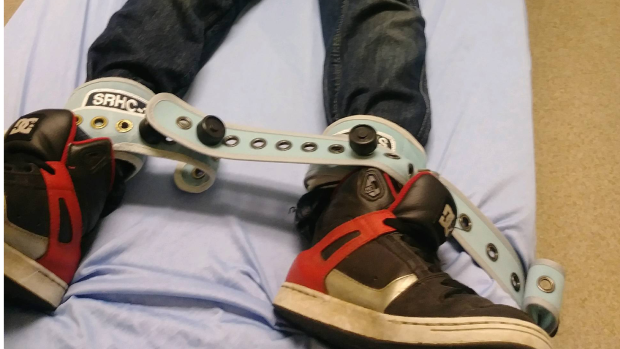Diabetes industry pushing high-profit medications rather than teaching people to eat healthier
02/27/2019 / By Isabelle Z.

Diabetes is one of the biggest health problems our country is facing, with more than 30 million Americans suffering from the condition. It’s particularly prevalent in older Americans, with 25.9 percent of seniors aged 65 and older having the condition, versus 9.3 percent of the population overall.
As the seventh leading cause of death in our nation, most people would agree that something needs to be done about diabetes. Unfortunately, the diabetes industry seems to be taking an approach that does not serve those who suffer from this condition. As they focus on pushing medications on the masses, they are doing people a huge disservice by glossing over the fact that dietary changes can go a long way toward managing diabetes.
Every two years, diabetes sufferers and advocates take part in the American Diabetes Association’s Call to Congress. At the event, UNC School of Medicine professor Kate Bergamo, who is also a nurse practitioner, advocated for medications and technology related to diabetes management to be made more affordable and available to the masses. She added that one out of every three people is estimated to have diabetes or pre-diabetes by the year 2050.
While Bergamo deserves credit for her advocacy work, her comments illustrate the general attitude toward the illness in the industry. There is a lot of talk about treatment and research and very little talk about prevention. In New York City, for example, more money is spent on public health problems like HIV and smoking, which are currently declining in prevalence, than diabetes prevention, a disease that affects around 700,000 New Yorkers, and is growing.
Some NYC nonprofits have become fed up with the lack of funding and have asked the City Council to set aside funding for the evidence-based National Diabetes Prevention Program. This program trains peer lifestyle coaches to teach people who are at high risk of diabetes how to prevent it by changing their lifestyle and eating a healthier diet. This program has been proven to prevent or delay the onset of Type 2 diabetes, and it can even cut a person’s risk of developing the disease in half.
The program entails losing around five to seven percent of a person’s body weight through a healthy diet and a half hour of physical activity five times a week. There have been countless incidents of people successfully reducing or eliminating their reliance on insulin and diabetes drugs simply by improving their diet and exercising habits.
Many people unwilling to make lifestyle changes
The problem is that many people are simply unwilling to make the changes needed to see improvements in their condition. They do not want to give up eating processed foods and drinking sugary drinks. For many of them, taking a drug that allows them to control their condition while eating anything they want is far preferable, even if it does come with a host of scary side effects, and the pharmaceutical companies that make these drugs are happy to take their money.
The total cost of diabetes and pre-diabetes in our country is $322 billion, and nearly 20 percent of this is spent on prescription medications to treat the disease’s complications. Meanwhile, the average price of insulin tripled in the years from 2002 and 2013. A healthy diet and exercise, on the other hand, cost absolutely nothing, which means that nobody profits from it – and that’s exactly why it’s not getting the focus it deserves from the multi-billion-dollar diabetes industry.
Sources include:
Tagged Under: diabetes, healthy eating, insulin
RECENT NEWS & ARTICLES
COPYRIGHT © 2017 MEDICAL EXTREMISM




















